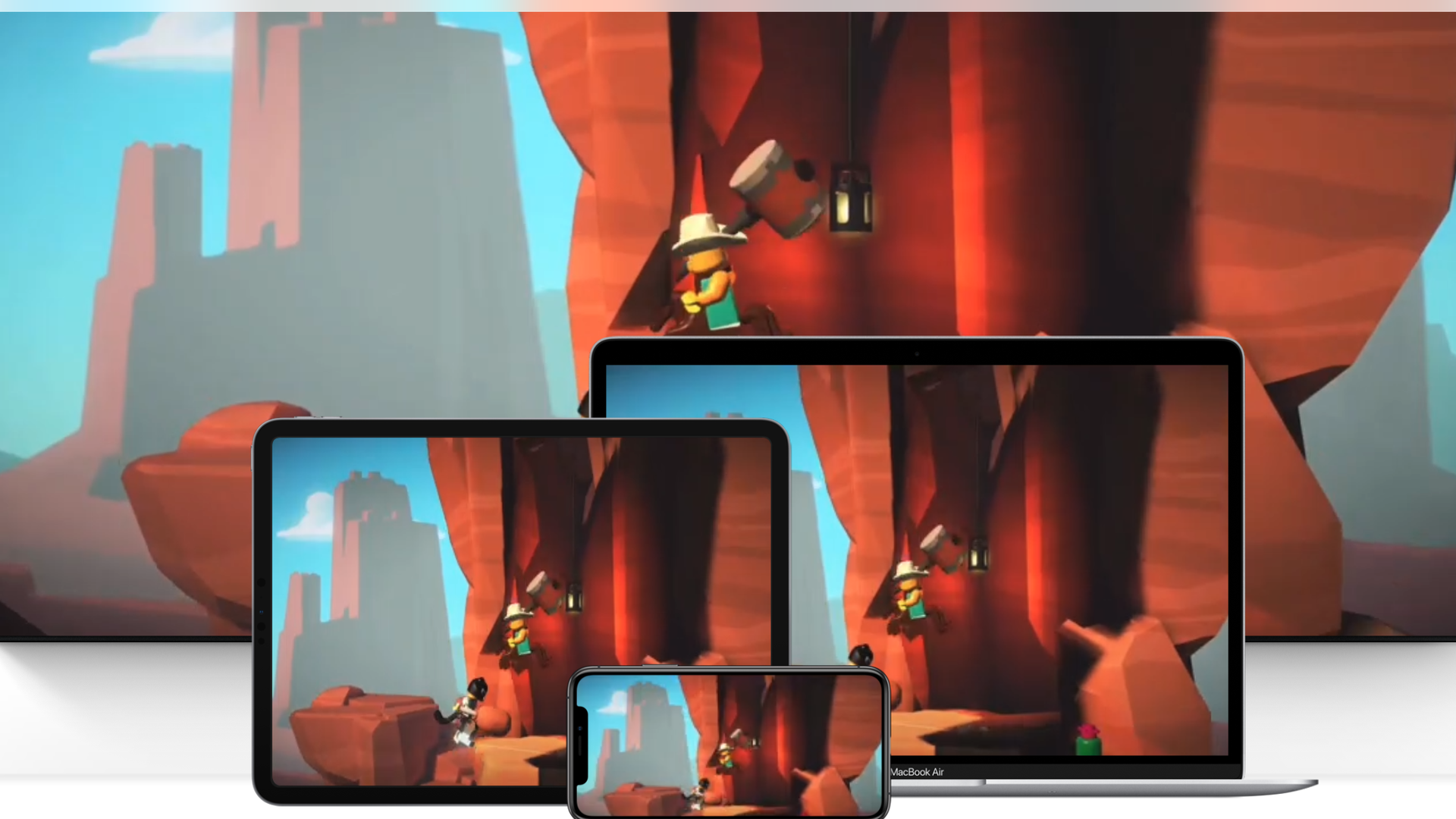Apple's plan to lock in customers gets stronger
Add Axios as your preferred source to
see more of our stories on Google.

Apple's Arcade service relies on an Apple device and is probably most appealing if you have several of them. Screenshot: Apple.com
Many of Apple's latest products and services share a common goal for the company: increasing customers' dependence on the iPhone. As Apple prepares to unveil its latest generation of iPhones on Tuesday, this "ecosystem" strategy is more pronounced than ever.
Why it matters: With the smartphone market stalling, Apple needs to find other ways to make money while also maintaining its share of the market. This approach serves both goals.
How it works: When iPhone customers buy a set of AirPods or sign up for the company's new credit card, they are not only adding lucrative revenue to the company's bottom line, they are also making it more likely that they'll stick with the iPhone for their next device.
A number of Apple's recent and forthcoming products play to this dynamic:
- Apple Card: While there is a physical card, it is secondary. The main way you pay — and the way you manage your account and pay your bill — lives on the iPhone.
- Bluetooth-based finder tags: Apple is rumored to be readying a device, similar to Tile, that can be attached to physical items and located using an Apple device.
- Services: Apple has made a big push in this area. Some of the new services, like Apple TV+ and Apple Music, don't require Apple devices but certainly appeal more to Apple users. Others really do count on Apple hardware, like Arcade, which is for games that physically run on an iPad, iPhone or Mac.
History lesson: This ecosystem strategy dates back in some ways to when Apple introduced the iPod in 2001. At the time, iPod sales helped boost the Mac in what was dubbed the "halo effect," and it was 2 years before Apple introduced a Windows version of its iTunes software.
- The iPhone has helped the Mac, too, but it has always worked with a PC, and these days many people never directly link their phone and computer at all.
Yes, but: In order for the ecosystem benefit to kick in, the latest device has to be compelling on its own. The HomePod is one area where Apple's Apple-first mentality appears to be limiting the company's sales, as its voice-driven home device competes with more full-featured rivals that use Google's Assistant or Amazon's Alexa.
What's next: Apple is set to unveil the next generation of iPhones at an event Tuesday. It will be worth watching what other devices and services accompany the new phones.
